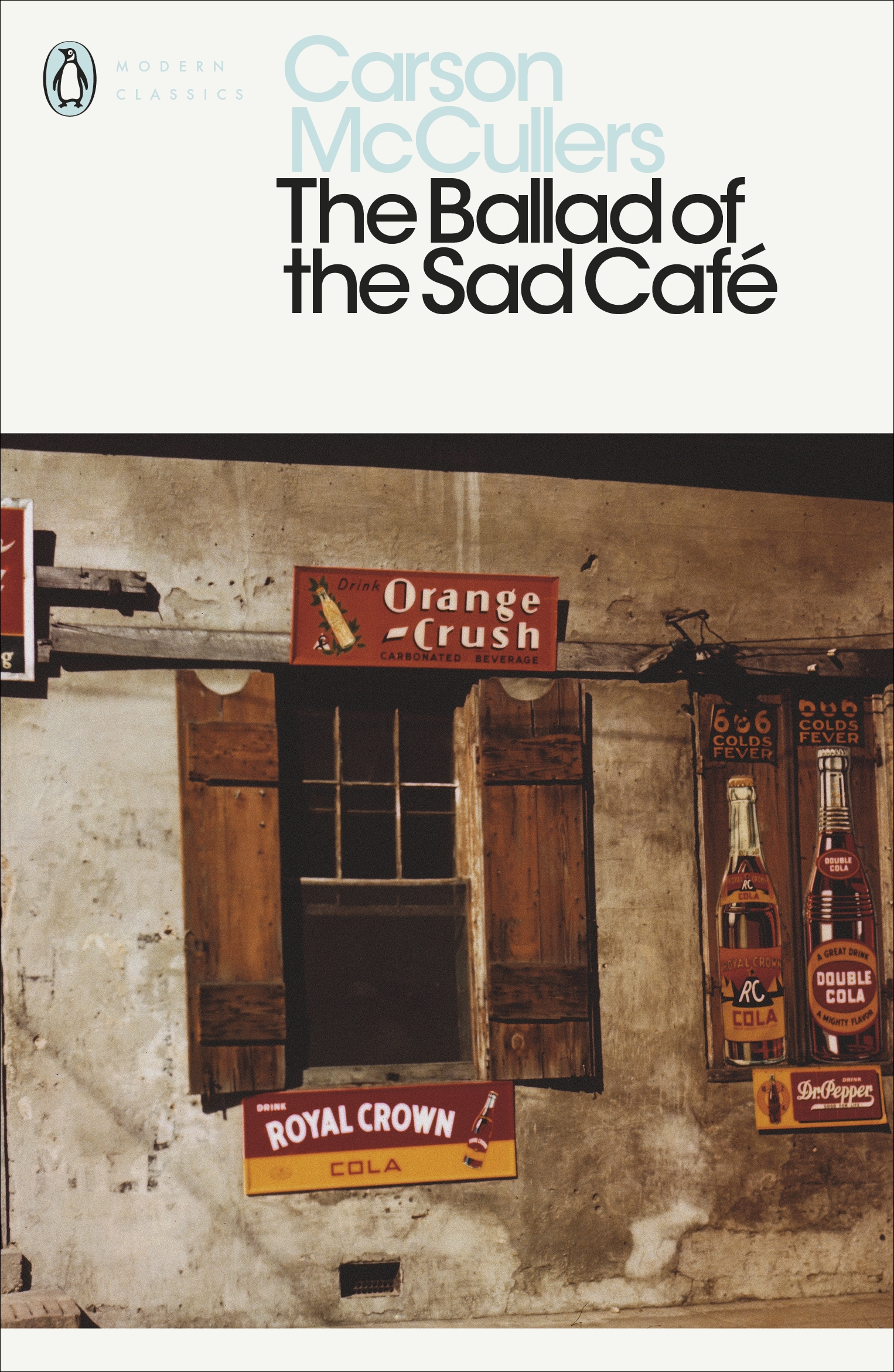Reads writers recommend fiction for the love-filled (or lonesome) holiday this Friday.
“Lady Chatterley’s Lover” by D.H. Lawrence — Betty He
“Lady Chatterley’s Lover” is a novel to sink into. It is unapologetically materialistic — it sharply reels against the coldness of the intellectual and remains magnetically attached to sensual pleasure. Getting wrapped up in Connie Reid’s (Lady Chatterley’s) agency is exciting and arousing, as she seeks sexual fulfillment under the entrapment of a flaccid cultural elite. “Lady Chatterley’s Lover” is a pulp version of “Madame Bovary.” But in a good way. Reading this book is a kinky fever dream to emerge from, enthralled with the world and all the more empowered.
“Keturah and Lord Death” by Martine Leavitt — Shana Hadi
After wandering a forest for three days, 16-year-old Keturah has accepted Death will come. But when it does, it is in the form of a beautiful, cold man who becomes impressed with her courage and wants her as his bride. Much like Scheherazade, Keturah tells him a love story that ends with a cliffhanger; moved, Lord Death grants her another day to live, and if she can find her true love before the deadline, he will not take her. With the quaint rural medieval setting, humorous characters and rather melancholic reflections on mortality, the novel’s folktale style adds piquancy to Keturah’s quest for her true love. As she examines her potential suitors and extends her single day to three, her impending death makes her heart grow fonder for the mundanities of village life and her friends. Though light on romantic elements and character development, the lyrical prose transforms the somewhat predictable tale into a thoughtful contemplation on what we are willing to give to those we love, and to what extent we desire to leave them content before we die. The inevitable tragedy of lives cut short adds weight to the sentimental conclusion; as Keturah reflects on Death before she rides away, “You, my lord, are the ending of all true stories.”
“Runaway” by Alice Munro — Maya Czeneszew
In “Runaway,” Alice Munro presents a collection of short stories centered around women living in Ontario, Canada. Although brief, the stories are characterized by Munro’s clear prose and observations. Munro explores love in its many forms and limitations, from mother-daughter relationships to betrayal. A highlight of the collection is the three-part sequence of “Chance,” “Soon” and “Silence,” following the life of Juliet, from her days as a young academic to grappling with her daughter’s estrangement. Munro’s writing takes on a meditative quality as she follows her characters through various stages in life, presenting a rich collection rooted in realism.
“The Ballad of the Sad Café” by Carson McCullers — Scott Stevens
“There are the lover and the beloved, but these two come from different countries.” If this dictum intrigues you, then read Carson McCullers’s short story “The Ballad of the Sad Café.” Upon reading, you step into a part of the country far from present-day Stanford: rural Georgia in the 1930s. The story follows the plight of Miss Amelia, a gawky, reticent — and butch as hell — former wife of barely 10 days to local hunky badboy Marvin Macy. For most of her life she has remained indifferent to men and to the opinions of the residents in her small mill town. But one night, a talkative hunchback by the dubious name of Cousin Lyman scampers onto the main street with nowhere to sleep. Miss Amelia takes him in and feeds him and an usual romantic dynamic grows between them over the years. That is, until Marvin Macy returns from jail, and Cousin Lymon starts following him all over town, obsessed with trying to charm this conventionally attractive man. A perverse ring of desire thus constricts the characters together toward an unexpected end.
Contact Reads Desk Editor Scott Stevens at scotts7 ‘at’ stanford.edu.
